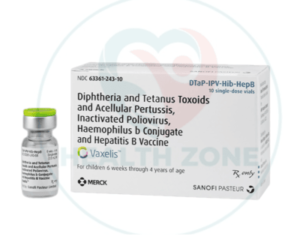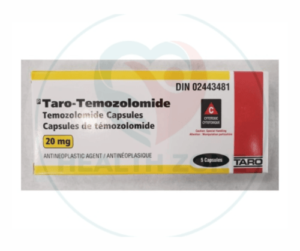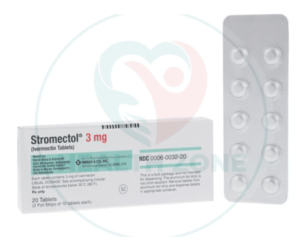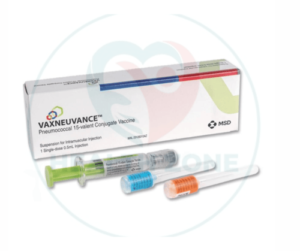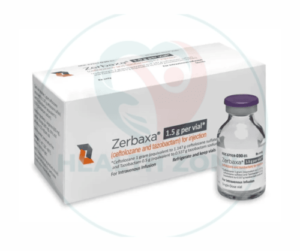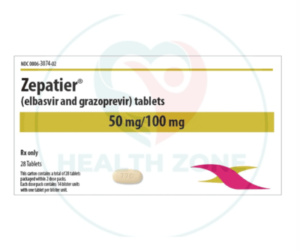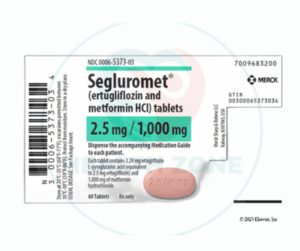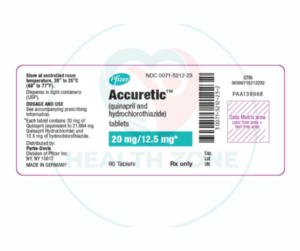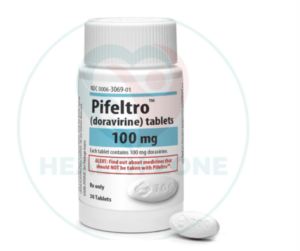KEYTRUDA® (pembrolizumab) is an innovative immunotherapy developed by Merck & Co., Inc. It has transformed the treatment landscape for various cancers since its introduction. Here we will provide its formulation, uses, advantages, side effects, dosage, precautionary measures, company information, year of invention, and pricing in the UK and USA.
Formulation of KEYTRUDA® (pembrolizumab)
KEYTRUDA® is a monoclonal antibody that targets the programmed cell death protein 1 (PD-1) receptor on T cells. By inhibiting this receptor, KEYTRUDA® enhances the body’s immune response against cancer cells. It is administered as an intravenous (IV) injection, with a formulation containing:
- Pembrolizumab as the active ingredient.
- Sodium chloride for isotonicity.
- Other stabilizing agents.
Uses of KEYTRUDA® (pembrolizumab)
KEYTRUDA® is approved for a variety of cancers, including:
- Melanoma: Used as a first-line treatment for advanced melanoma.
- Non-Small Cell Lung Cancer (NSCLC): Approved for patients with metastatic NSCLC whose tumors express PD-L1.
- Head and Neck Cancer: Used for recurrent or metastatic squamous cell carcinoma of the head and neck.
- Bladder Cancer: For advanced or metastatic urothelial carcinoma.
- Hodgkin Lymphoma: For relapsed or refractory classical Hodgkin lymphoma.
Advantages of KEYTRUDA® (pembrolizumab)
- Immune System Activation: KEYTRUDA® works by unleashing the immune system to recognize and attack cancer cells.
- Long-lasting Effects: Many patients experience prolonged responses to treatment.
- Fewer Side Effects: Compared to traditional chemotherapy, KEYTRUDA® generally has a different side effect profile, often leading to better tolerance in patients.
Side Effects of KEYTRUDA® (pembrolizumab)
While KEYTRUDA® is well-tolerated by many patients, it can cause side effects. Common adverse effects include:
- Fatigue
- Rash
- Itching
- Nausea
- Diarrhea
Serious immune-mediated side effects may also occur, affecting organs such as the lungs, liver, endocrine glands, and intestines. Regular monitoring and prompt management of these side effects are essential.
Dosage of KEYTRUDA® (pembrolizumab)
The dosage of KEYTRUDA® varies based on the specific indication and the patient’s body weight. Typically, the recommended dosage is:
- For adult patients: 200 mg administered intravenously every three weeks or 400 mg every six weeks.
Dosing adjustments may be necessary based on individual response and side effects.
Precautionary Measures of KEYTRUDA® (pembrolizumab)
Before starting treatment with KEYTRUDA®, healthcare providers should assess:
- Patient History: A thorough review of the patient’s medical history, including any autoimmune disorders, is crucial.
- Allergies: Confirming no known allergies to pembrolizumab or its components.
- Pregnancy and Breastfeeding: KEYTRUDA® may pose risks, so it is essential to discuss potential risks and benefits with patients who are pregnant or breastfeeding.
Year of Invention of KEYTRUDA® (pembrolizumab)
KEYTRUDA® was approved by the U.S. Food and Drug Administration (FDA) in September 2014, marking a pivotal moment in cancer therapy.
Company Information of KEYTRUDA® (pembrolizumab)
Merck & Co., Inc. is a leading global healthcare company headquartered in Kenilworth, New Jersey. Founded in 1891, Merck has a long-standing commitment to research and innovation in pharmaceuticals, vaccines, and animal health products. KEYTRUDA® represents a significant achievement in their oncology portfolio, showcasing their dedication to advancing cancer treatment
Pricing in USA and UK of KEYTRUDA® (pembrolizumab)
The cost of KEYTRUDA® can vary significantly based on healthcare plans and geographic location. In the USA, the list price is approximately $13,000 per dose, while in the UK, the NHS lists it at around £8,500 per dose. Prices may vary based on negotiations, insurance coverage, and other factors.
Conclusion
KEYTRUDA® (pembrolizumab) has revolutionized cancer treatment, providing hope to many patients facing advanced malignancies. Its ability to enhance the immune response against cancer cells underscores the shift towards targeted and personalized therapies in oncology. As research continues, KEYTRUDA® may pave the way for even more advanced cancer treatments in the future.



